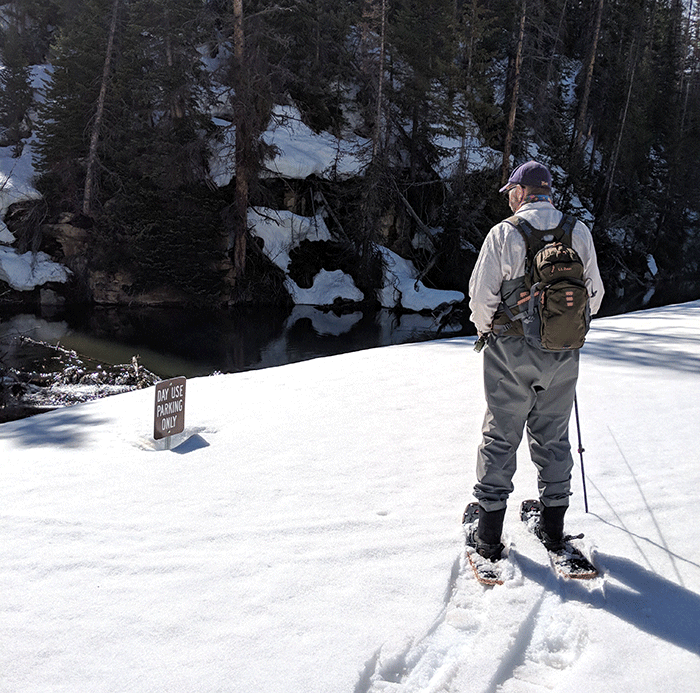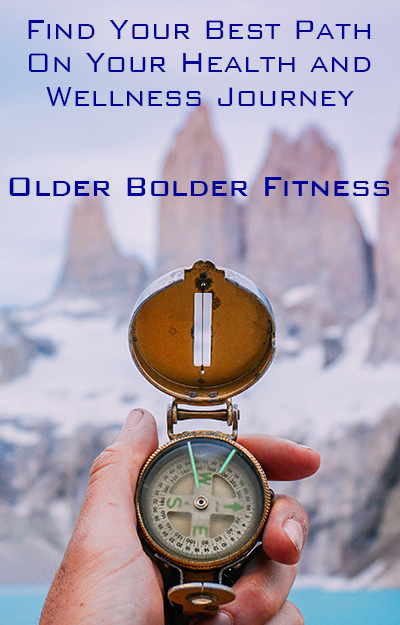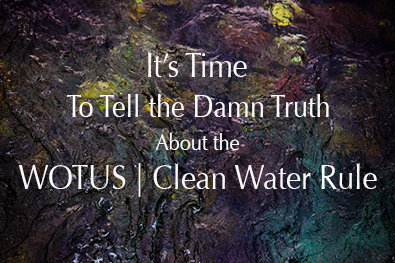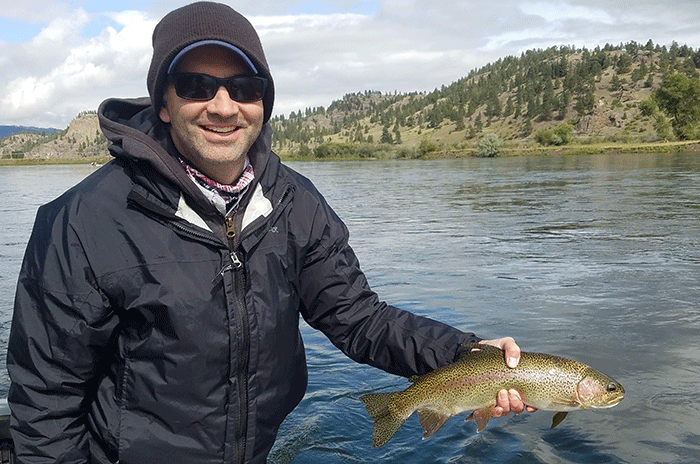
Here’s the second part of Quinn’s interview; if you missed the introduction in Part 1 – read it here. And note, I’ll be opening a giveaway for a hot off the press copy of Quinn’s book (Wilderness of Hope: Fly Fishing and Public Lands in the American West) tomorrow.
There are a host of aspiring writers in the fly fishing world out world, what advice would give to someone who wants to up their writing game?
I teach writing courses, I am working on a PhD in English with a focus on writing and literature, and I still find “writing” to be a pretty mystifying activity. But the most important things are pretty basic: read and write as much as you can, but do so with a goal in mind. It has helped me to read widely, not just about angling but nature writing, science writing, masters of the essay like Joan Didion and Wallace Stegner, and along with fiction and poetry. As for writing practice, I think it helps to find a community to work with, people whose taste you trust and people who will give you honest feedback.
What fly fishing (or other) authors have been the most influential to you personally as you’ve shaped and crafted your own writing voice?
Nick Lyons is foundational for me; his book Spring Creek is one of my favorites. Other fishy writers include Harry Middleton, Tom McGuane, John Gierach, and Ted Leeson. As for writers who don’t write about fishing, I am often in awe of Joan Didion’s sentences and the ability of Nick Hornby and David Quammen to do interesting things with nonfiction. Fiction writers like Marylinne Robinson, Cormac McCarthy, and Toni Morrison have made me think a lot of about voice. And even some literary critics—who often get a bad rap when people talk about their writing—have made me re-think the essay as a genre and how my writing can be in conversation with someone else’s writing to make something new and interesting.
One last writing-oriented question: What about your best quick tip(s) on getting that first book published?
For me it came down to finding the right publisher and proposing the right book. I have wanted to write a book of fly fishing essays for much of my adult life, but the truth is that the genre doesn’t sell a ton of copies. That makes it hard to get a publisher interested. Having a book about fly fishing and public lands made publishers more open to the idea. University of Nebraska Press publishes a lot of work about the West, so they were a natural fit.
Another key is the book proposal. I spent 13 years writing proposals as a technical writer and that experience was valuable when I was pitching my book.
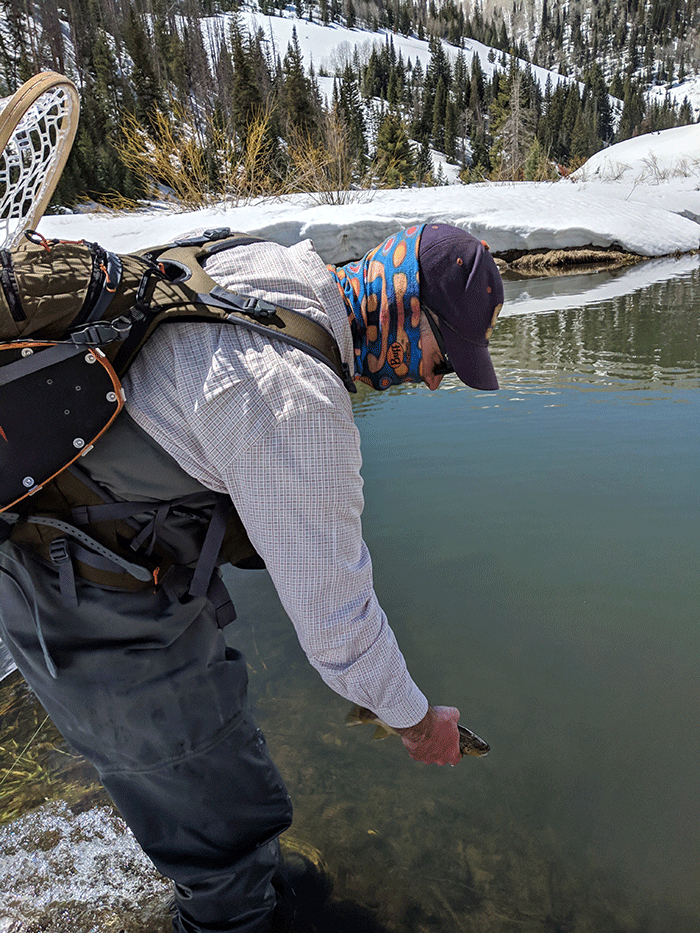
What’s the most positive thing you’ve recently personally seen that encourages you most about public lands in the West?
I think a lot of people are motivated to protect public lands right now, and that is definitely a positive. Most westerners value public lands and want them to remain in public hands often with some kind of protection from risky development. I am pretty optimistic about that. There are definitely threats to public lands, but there is also a real desire and movement to protect them.
If you could encourage fly fishers and public lands lovers to do just one thing in terms of stewardship this next year, what would that be?
I know you said one but here are two things. First, don’t ignore the local. There is a lot of focus on national politics and policies, and rightly so, but lots of things happen when no one is watching, so a person has to keep an eye on public lands in their own area and make sure their local elected officials hear local voices that want to protect public lands. I think Chi Wulff is really great at raising awareness of local issues.
Second, get out and enjoy public lands and while you are at it support the economies of local communities that depend on public lands. That kind of implicit activism can be more powerful than people think.
Many thanks to Quinn for taking the time to work through these questions and for the kind words about Chi Wulff. We’ll be opening the giveaway for a copy of his book tomorrow…
